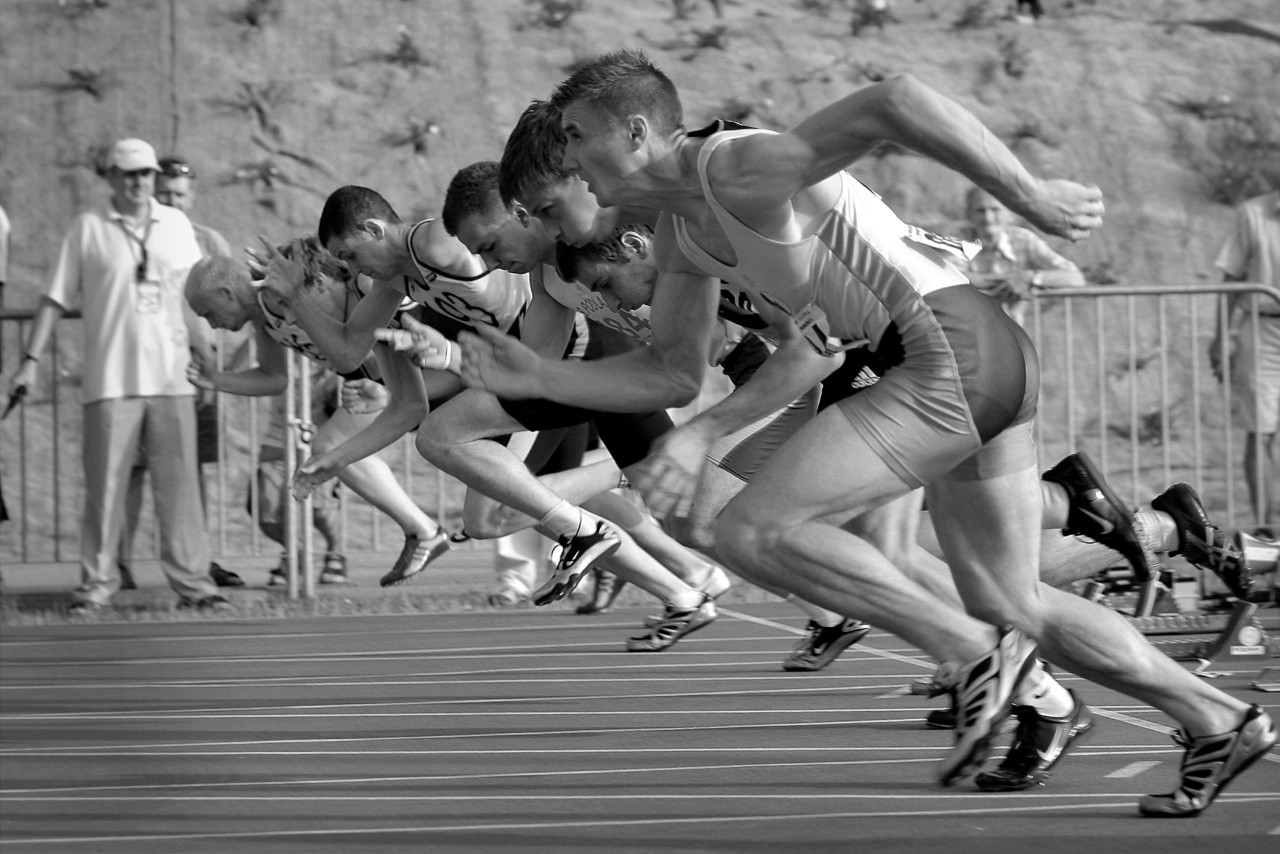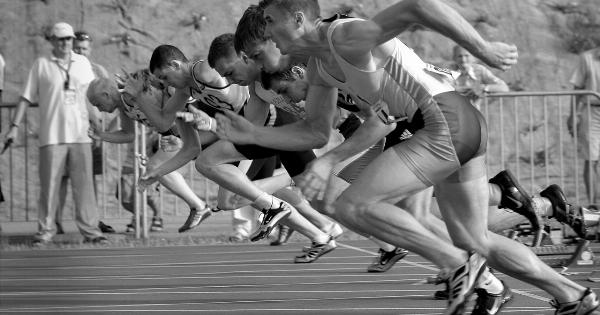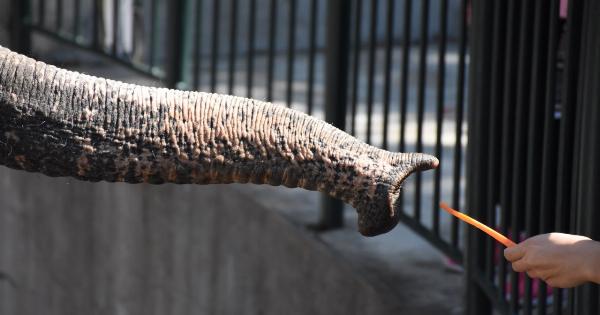When it comes to running, ensuring your body gets all the necessary nutrients is a must. Magnesium is one such nutrient that is critical for runners, and even a slight deficiency can have a significant impact on performance and overall health.
Magnesium and Runners – Importance
Magnesium is essential for energy production in the body, and for runners, this translate to better muscle function and endurance.
It plays a critical role in the production of ATP, or Adenosine Triphosphate – the primary energy source for cells in the body – and helps regulate the levels of other important nutrients like calcium and potassium.
Magnesium is also vital for maintaining healthy muscle and bone tissue, which is crucial for runners who place significant stress on their bodies.
It helps to regulate muscle contractions and relax blood vessels, thereby improving blood flow and reducing the risk of muscle cramps and injuries.
Symptoms of Magnesium Deficiency
Magnesium deficiency can cause a range of symptoms, from minor to severe. Some of the common symptoms include:.
- Muscle cramps and spasms
- Weakness
- Fatigue
- Reduced endurance and performance
- Irritability and mood swings
- Sleep disorders and insomnia
If left untreated, long-term magnesium deficiency can lead to more severe symptoms like high blood pressure, heart disease, and even osteoporosis.
Causes of Magnesium Deficiency in Runners
Runners are more prone to magnesium deficiency due to a few reasons. Firstly, excessive sweating causes the body to lose magnesium, along with other vital minerals like sodium and potassium.
Secondly, a diet lacking in magnesium-rich foods can also contribute to deficiency. Thirdly, intense physical activity increases the body’s demand for magnesium, making it harder to maintain optimal levels.
Magnesium-Rich Foods for Runners
Introducing magnesium-rich foods into your diet is an excellent way to prevent or correct magnesium deficiency. Some of the foods which are high in magnesium include:.
- Spinach and other leafy greens
- Nuts and seeds, including almonds, cashews, and sesame seeds
- Whole grains like brown rice and quinoa
- Avocados
- Dark chocolate
Incorporating these foods into your diet can help you maintain optimal magnesium levels and improve your overall health and performance as a runner.
Supplementing with Magnesium
In cases where diet alone is not enough to meet your magnesium needs, supplements may be required. Magnesium supplements are available in various forms, including tablets, powders, and capsules.
It is important to consult with a healthcare professional before starting a magnesium supplement regimen to ensure that it is safe and appropriate for your individual needs.
Conclusion
Magnesium is an essential nutrient for runners, and maintaining adequate levels is critical for optimal performance and health.
If you suspect that you might be suffering from magnesium deficiency, consult a healthcare professional to identify and address the issue. Incorporating magnesium-rich foods into your diet, along with supplements if needed, can help you achieve and maintain optimal magnesium levels, and be at your best as a runner.




























